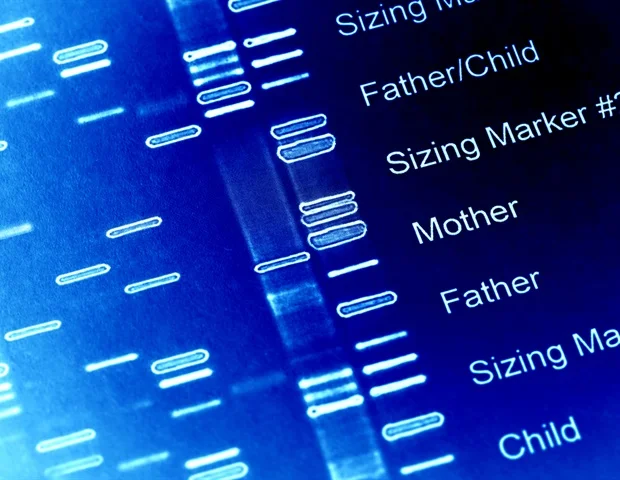
Sudden cardiac death affects 220,000 U.S. adults annually, most of whom have no prior symptoms of a heart issue. By identifying rare DNA variants that substantially increase the risk of sudden cardiac death, researchers led by investigators at Massachusetts General Hospital (MGH) and the Broad Institute of MIT and Harvard have laid the foundation for efforts to identify individuals who could benefit from prevention strategies prior to experiencing symptoms.
The scientists also determined that such variants are present in approximately 1% of asymptomatic adults - corresponding to 3 million people in the United States.
The findings are presented at the Scientific Sessions of the American Heart Association and published in the Journal of the American College of Cardiology.
The authors performed gene sequencing in 600 adult-onset sudden cardiac death cases and 600 controls who remained healthy - the largest such study performed to date and first to use a control group. A clinical geneticist reviewed all of the DNA variants identified, classifying 15 as clinically important pathogenic variants.
"Strikingly, all 15 of these pathogenic variants were in sudden cardiac death cases, with none in controls," said lead author Amit V. Khera, MD, cardiologist and associate director of the Precision Medicine Unit at MGH's Center for Genomic Medicine and the Broad Institute's Cardiovascular Disease Initiative. The prevalence of a pathogenic variant was found to be 2.5 percent in cases and 0 percent in controls.
Next, the investigators studied the genes of 4,525 middle-aged adults without any signs of heart disease, finding that 41 (0.9 percent) carried a pathogenic variant. These individuals have been followed for over 14 years, and those who inherited a pathogenic variant had a more than 3-times higher risk of dying from cardiovascular causes.
"In my clinical practice, I often encounter families devastated by sudden and unexpected death. This finding indicates that genetic testing--if made widely available - can provide a way to identify high-risk individuals currently flying under the radar. If identified, we have a variety of approaches proven to prevent disease onset available within routine clinical practice," said Khera.
In addition to Khera, the research team was co-led by Sekar Kathiresan, MD, CEO of Verve Therapeutics; Anthony Philippakis, MD, PhD, cardiologist and chief data officer at the Broad Institute; and Christine Albert, MD, Cchair of Cardiology in the Smidt Heart Institute at Cedars-Sinai.
Based on these results, Khera and colleagues plan to conduct genetic sequencing tests for thousands of adult patients at MGH and affiliated hospitals who volunteered for a research program designed to understand how genetic and environmental factors impact the risk of important diseases. They aim to find the 1 percent of individuals with rare genetic variants linked to heart disease and offer tailored prevention programs in a Cardiovascular Genetics Program or a new MGH Preventive Genomics Clinic that Khera is co-leading and is embedded within primary care.
Our hope is to empower our patients to better understand, predict, and prevent bad health outcomes--especially irreversible tragedies such as sudden cardiac death--using genetic information."
Amit V. Khera, lead author
Massachusetts General Hospital
Journal reference:
Khera, A.V., et al. (2019) Rare Genetic Variants Associated With Sudden Cardiac Death in Adults. Journal of the American College of Cardiology. doi.org/10.1016/j.jacc.2019.08.1060.






No comments
Post a Comment